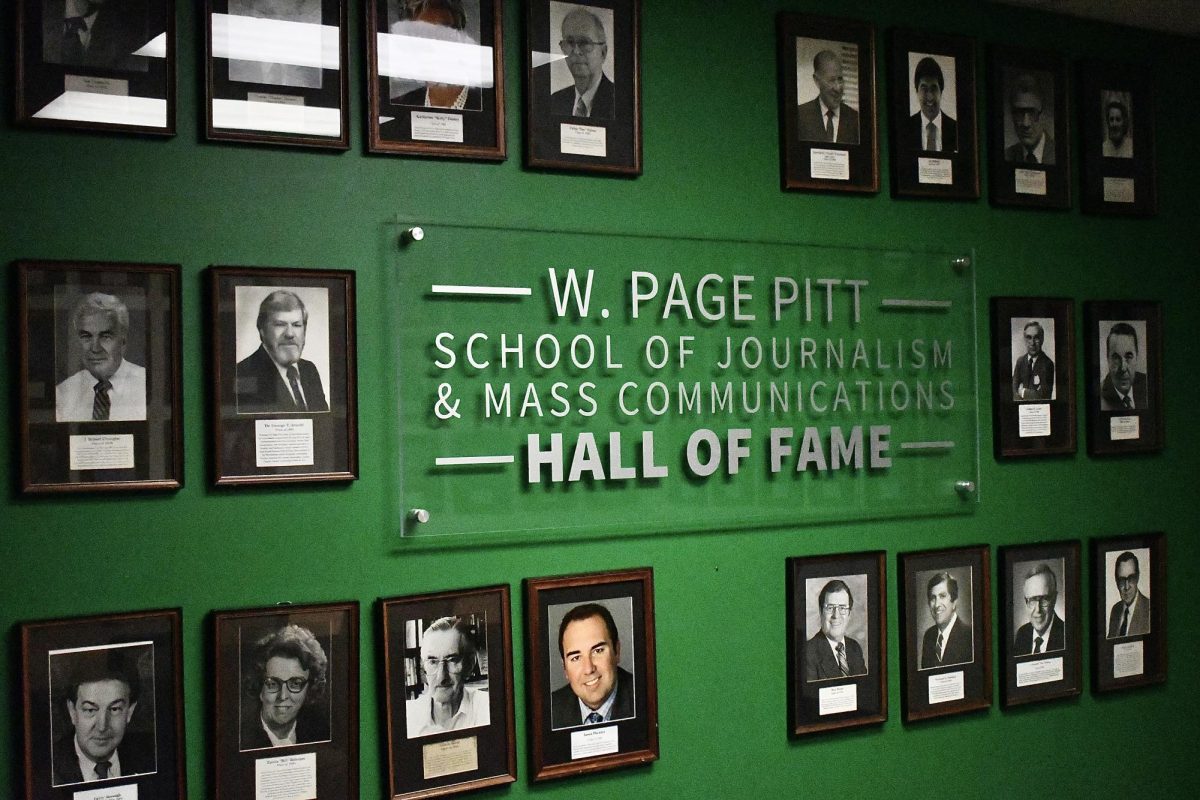
Beyond familiar stereotyping, Appalachians sometimes do not receive credit for the rich variety in their culture, a Marshall professor and author said recently.
“Appalachia is a far more diverse region than we are portrayed in the media,” said Allison Carey, author and chair of Marshall’s English Department, about her new book.“I think it’s important for the entire range of identities of Appalachians to be acknowledged and discussed.”
Titled “Doubly Erased: LGBTQ Literature in Appalachia,” Carey will host a discussion of the book at the Drinko Library Atrium on Oct. 30 at 4 p.m.
The book “examines a collection of poetry and prose writings from LGBTQ authors from the Appalachian region,” according to the press release.
Carey spoke about how many local literary scholars have not taken account of severalAppalachian writers because they are a part of the LGBTQ community. She went on to explain how some national scholars feel that Appalachian literature is not as important as literature from other regions across the country.
“As the title says, I felt like some of these authors were doubly erased,” she said, “sort of ignored by one group because they’re Appalachian and ignored by another because they’re a part of the LGBTQ community.”
Carey hopes to break the stigma of how Appalachia is seen in the media.
“I’m a native of Appalachia myself, and I know that it’s a much more rich and diverse and complicated region than what you usually see in the media about us,” she said. “I would love to be able to break down some of those stereotypes.”
Carey went on to talk about how many authors that are famous in the literary scene, like Alison Bechdel and Dorothy Allison, are not talked about as Appalachian authors, even though they are writing about Appalachian issues.
“That continuation of that stigma and that inability to acknowledge the diversity of Appalachia just sort of blew my mind,” she said.
She also addressed the discrimination against LGBTQ individuals in the 20th century and before.
“When I really started reading specific descriptions of specific things that happened to specific people and the way people’s careers were destroyed and lives were destroyed, it’s just unfathomable to me,” she said.
Carey said the hardest thing about writing the book was “figuring out how to organize all the pieces of information that I discovered into a clear, coherent and engaging story so I could tell it to my readers.”
“I really had to tell a story and figuring out how to do that was a real challenge,” she said.
When asked about what she hopes people will take away from the book, Carey said, “I really hope that some people walk away from it with a list of writers whose works that they want to read more of and I hope people walk away from it with a new appreciation of the diversity of Appalachian literature.”
Jordan Ooten can be contacted at ooten42@marshall.edu.







